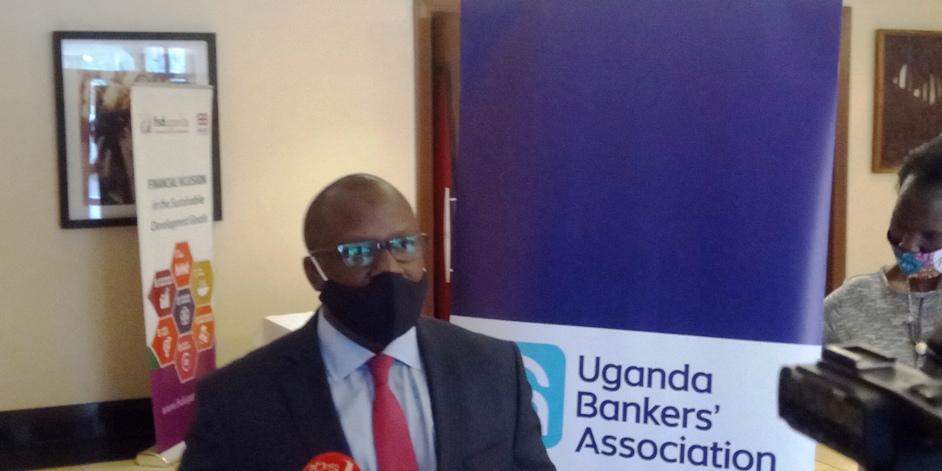BoU Deputy Governor, Michael Atingi-Ego
The Bank of Uganda (BoU) on March 6, 2024 held a Special Monetary Policy Committee meeting where the Central Bank Rate (CBR), a benchmark lending rate for commercial banks was increased to 10% from 9.5% that has remained unchanged for several months.
In February this year, the Central Bank retained the CBR at 9.5% amid the weakening shilling.
While reading the Monetary Policy Statement for March 2024 at Central Bank headquarters on Wednesday, March 6, 2024, BoU Deputy Governor, Michael Atingi-Ego, said “the unfolding of some of the risks mentioned in the monetary policy statement of February 2024, which includes the depreciation of the shilling exchange rate, has triggered the need for monetary policy to be tightened.”
He said the inflation out turns in February 2024 indicate that both headline and core inflation rose to 3.4% from 2.8% and 2.4% in January 2024, respectively.
“Whereas the main contributors to the rise in inflation are services and Energy Fuel and Utilities, this combined with the shilling depreciation could spill over into the generalized price increase if not contained,” Atingi-Ego explained.
He added that the exchange rate depreciation since November 2023, with sharp depreciation in February 2024, was in part caused by the outflow of some of he offshore investor funds from the domestic market pursuing more attractive yields available in other markets, strong domestic demand partly as a hedging mechanism against further depreciation, and seasonal factors.
“Further exchange rate deprecation could drive inflation above the medium-term target of 5% by the second half of 2024,” BoU said.
The Central Bank economic growth for FY 2023/24 is projected to remain unchanged with growth of 6%.
However, economic growth in outer years is projected in the range of 5.5% to 6.5% compared to an earlier projection of 6.5% to 7.0%. The revision in the projected growth in outer years could be due to the likely impact of tighter monetary policy, which is required to stabilize inflation around the medium term.
“Faster sustainable growth can only occur in an environment where inflation is low and stable. High inflation rates hurt economic growth, leading to significant and permanent reductions in per capita income,” Atingi-Ego said, adding: “Therefore, tightening the monetary policy in the current circumstances is consistent with supporting sustainable growth which is a prerequisite for socio-economic transformation.”






